Political elections and Forex price movement can be seen before and after voting.
Elections create periods of uncertainty and potential economic policy shifts, directly affecting currency prices.
As a Forex trader, it is crucial to understand how elections can influence market movements and how to prepare for the volatility that often surrounds these events.
This article explores the impact of political elections on prices, what factors traders should consider before and after elections, and strategies to manage the associated risks.
Why Politics Influences Forex Prices
Market Sentiment and Uncertainty
Political volatility introduces a level of uncertainty into the market.
Traders are still determining the outcome and how new leadership will impact the economy, which creates an atmosphere of hesitation and volatility.
Market sentiment—how traders feel about future events—actively influences currency values, and this sentiment can shift rapidly during elections.
Election uncertainty can lead to sharp price fluctuations as traders react to potential changes in government policies, trade relationships, and economic strategies.
Political elections and Forex prices reflect a new government implementing policies that either strengthen or weaken the economy, directly impacting the currency’s value.
Economic Policy Expectations
Political leaders often campaign on promises of economic reform.
These promises can influence traders’ expectations of future monetary policy, leading to market movements before the election.
Traders might predict that a government favoring fiscal expansion (e.g., increased spending) will lead to inflation and a weaker currency. A more conservative government might aim for reduced spending and a stronger currency.
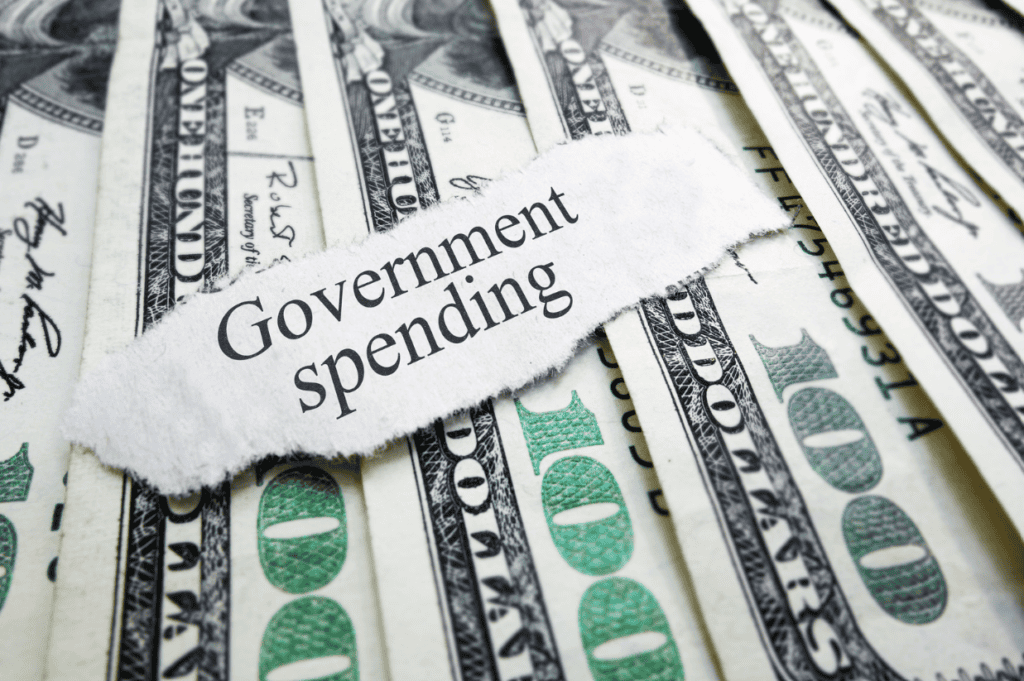
Traders must consider these campaign promises and analyze how they might affect a country’s economic health.
Anticipating how new policies could influence inflation, unemployment, and interest rates can help traders position themselves to take advantage of these market changes.
Trade Relations and International Impact
Elections can also influence a country’s trade relations. A shift in government leadership might lead to new trade agreements or the termination of existing ones.
For instance, a country might become more protectionist, imposing tariffs or restricting trade with other nations. These changes can have a ripple effect on the global economy, affecting currency values domestically and globally.
Traders who deal with multiple currencies should be aware of how an election in one country can impact the currencies of its trading partners.
The interconnected nature of global trade means that changes in one country’s political landscape can affect multiple currencies.
Pre-Election Period: Key Considerations in Politics and Forex
Political Campaigns and Policy Promises
During the pre-election period, political candidates make promises that can signal future economic strategies.
Traders should closely monitor these promises and policy positions to determine how they might affect the economy if implemented.
For example, a candidate who promises tax cuts may boost market confidence and lead to a stronger currency, while promises of increased government spending may raise concerns about inflation.
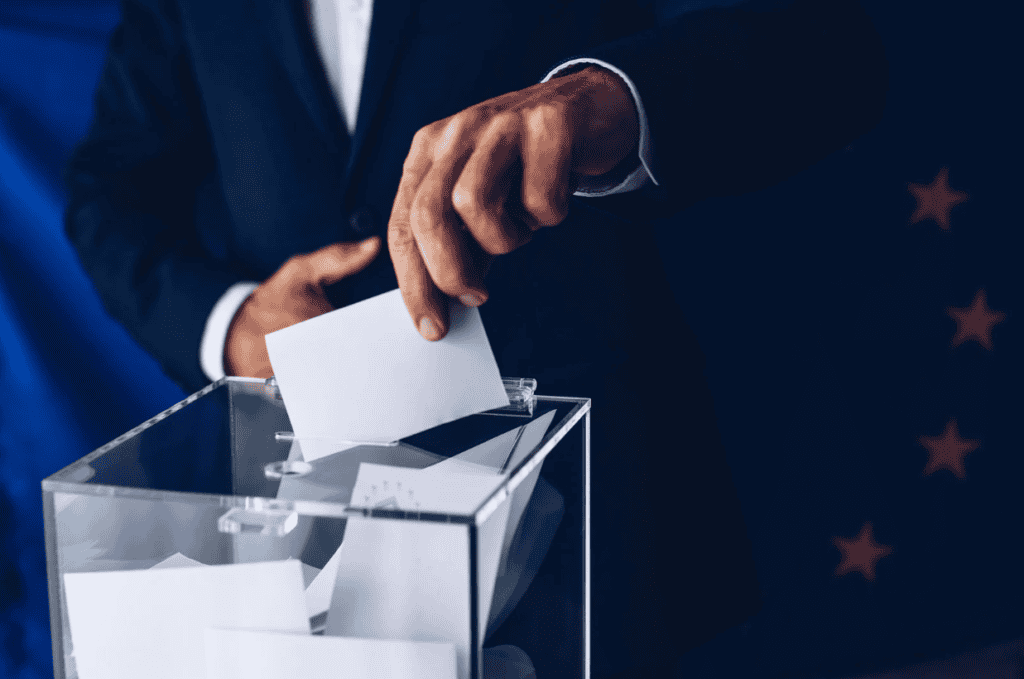
Public Opinion Polls and Market Reactions
Public opinion polls play a significant role in the lead-up to an election. The market may react as polls shift in favor of one candidate or another.
If a candidate perceived as favorable to business takes the lead, the currency might strengthen. If the market perceives a candidate as having less favorable gains, it may become more cautious, resulting in currency depreciation.
Traders should actively monitor significant shifts in polling data and prepare for market volatility in response to these changes.
This period may present opportunities for quick trades based on shifting sentiment.
Increased Volatility and Liquidity Changes
As an election approaches, increased volatility often marks the period leading up to it.
Traders are unsure of the outcome, and this uncertainty leads to sharp price swings as market participants attempt to position themselves for potential consequences. Liquidity in the market may also decrease as some investors sit on the sidelines until the election ends.
Shrinking market depth can lead to wider spreads and more erratic price movements.
Traders must be aware of these liquidity changes and adjust their strategies accordingly. Reducing position sizes or avoiding trading during highly volatile periods may help prevent significant losses.
Central Bank Responses
During the pre-election period, central banks may adopt a “wait-and-see” approach to policy changes.
They might hold off altering interest rates or other monetary policies until after the election, as the outcome could impact economic conditions. Forex traders should closely monitor statements from central bank officials during this time.
If the bank signals a potential shift in policy after the election, it could significantly influence currency prices.
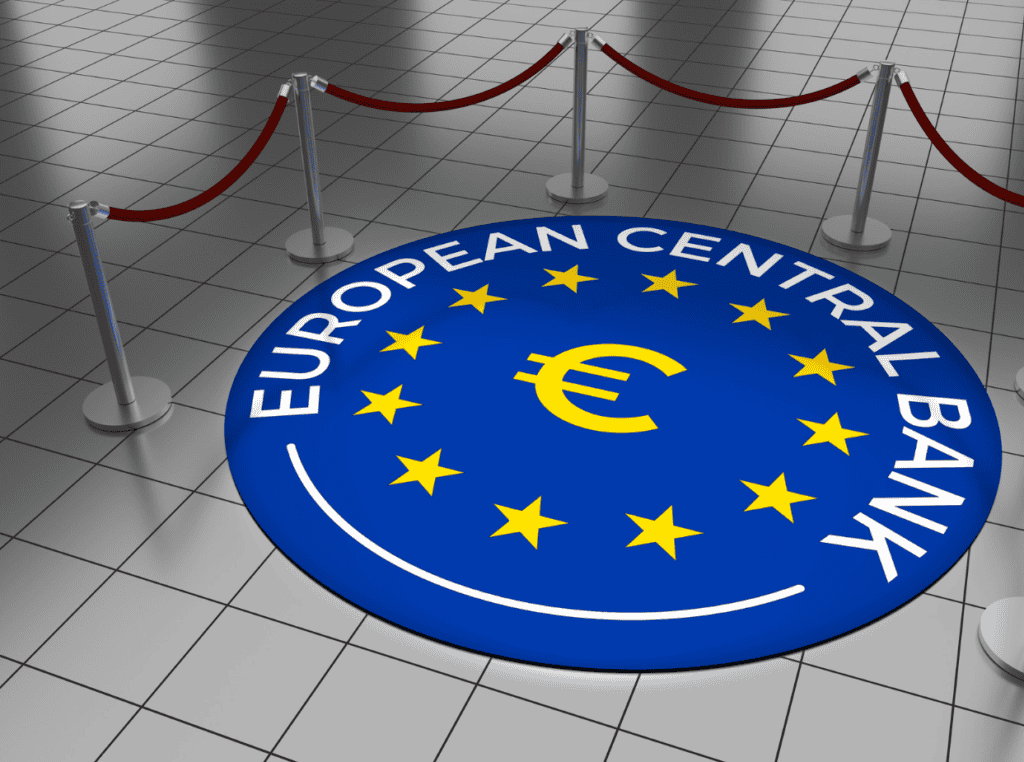
Voting Results: Real-Time Market Movements
Immediate Market Reactions
On election day, markets can experience sharp movements as exit polls and early results emerge.
Traders should be prepared for quick price swings as market participants react to real-time information. These reactions are often driven by emotional responses rather than rational analysis, leading to heightened volatility.
For traders, it is crucial to stay updated on election results as they come in.
Currency values can change dramatically based on early indicators of the likely winner, so it’s essential to stay informed and prepared to react.
Risk Management for Traders
Election day presents significant risks for traders due to the unpredictability of market reactions.
Traders should implement strict risk management strategies, including setting tight stop-loss orders to limit potential losses if the market moves sharply against their trades.
Some traders may also choose to reduce their position sizes or avoid trading altogether on election day to avoid the heightened risks associated with sudden market movements.
Another strategy is to hedge existing positions to mitigate potential losses.
Post-Election Period: Market Stabilization and Trends
New Government Policies and Economic Reforms
After the election, markets typically stabilize as the new government outlines its policy agenda.
The extent to which the currency strengthens or weakens depends on how the market perceives the new government’s ability to implement its promised reforms. The currency is likely to strengthen if the new government enacts pro-growth policies.
Conversely, uncertainty around policy implementation can keep the currency volatile.
Traders should actively monitor the speed of new policy implementations.
If the government swiftly implements promised reforms, the market may react positively, leading to a stronger currency.
However, delays in policy implementation can cause market uncertainty and continued volatility.
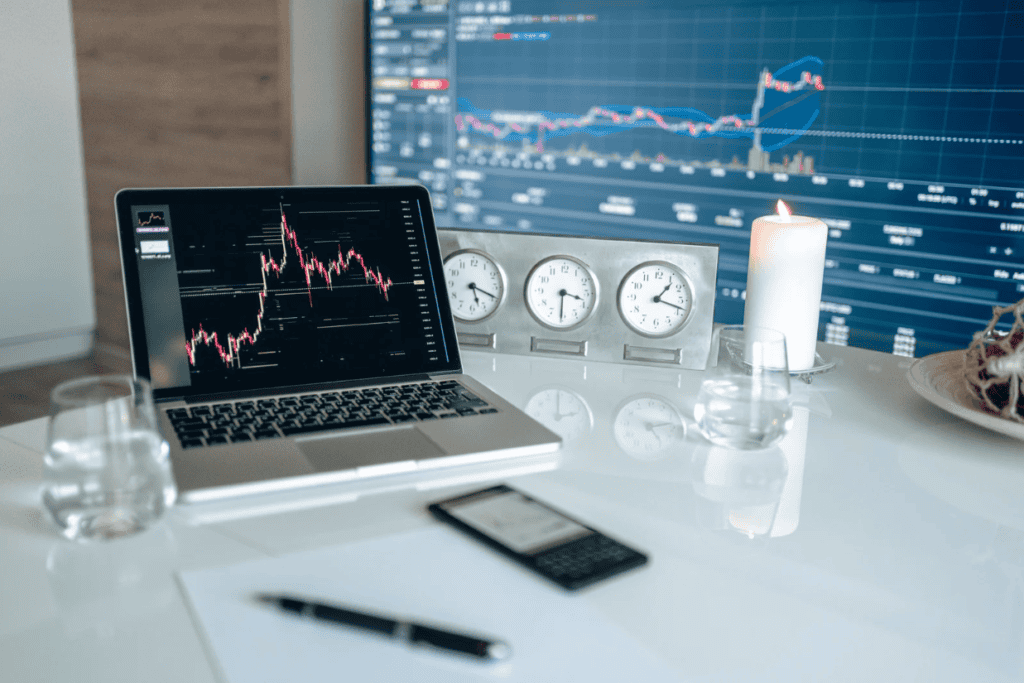
Shifts in Central Bank Policy
Once the new government is in place, central banks may adjust their monetary policies in response to new economic conditions.
If the new government’s policies lead to higher inflation, the central bank may raise interest rates to control inflationary pressures. Conversely, if the government enacts policies to stimulate growth, the central bank may keep interest rates low to encourage investment.
Traders must stay informed about potential changes in central bank policies and how they could affect currency values.
Central bank decisions on interest rates, inflation targets, and other monetary tools will determine the currency’s future direction.
International Trade Relations
After an election, the new government may take steps to either strengthen or weaken trade relations with other countries.
For example, if the government adopts protectionist policies, this could lead to tensions with trading partners and affect the value of the domestic currency. On the other hand, a government promoting free trade may strengthen international relationships, boosting investor confidence and the currency’s value.
Traders should monitor any new trade agreements or changes to existing trade policies following an election.
These changes can significantly impact currency values, especially in countries heavily reliant on trade.
Political Elections and Forex Historical Case Studies
Brexit Referendum (2016)
The 2016 Brexit referendum shows how political events can drastically affect currency values.
The unexpected result of the UK voting to leave the European Union caused the British pound (GBP) to plummet. The uncertainty surrounding the economic impact of Brexit led to long-term volatility in the GBP, and it has struggled to recover in the years since.
Forex traders prepared for potential volatility during the referendum could capitalize on the market’s sharp movements. However, those who were unprepared faced significant losses.
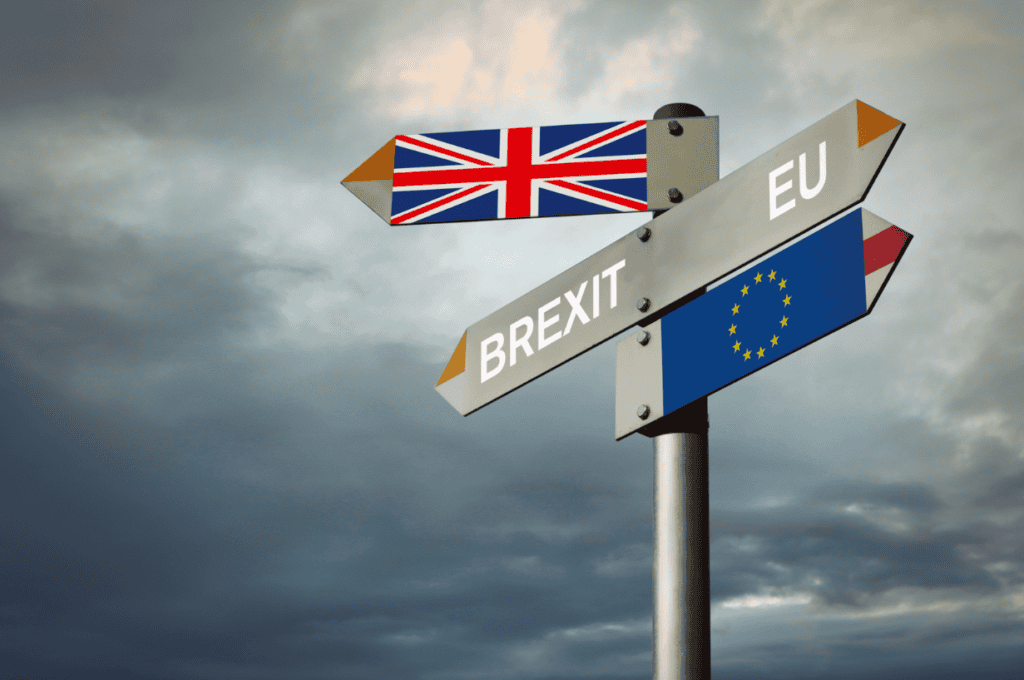
US Presidential Elections (2020)
The 2020 US presidential election was another period of high volatility in the Forex market.
The uncertainty surrounding the outcome and the ongoing COVID-19 pandemic led to sharp fluctuations in the US dollar (USD). Traders had to navigate a complex landscape of political tensions, economic stimulus measures, and pandemic-related disruptions.
Traders who closely monitored the election results and anticipated policy shifts, such as the expected fiscal stimulus under the new administration, could position themselves for potential USD movements.
Emerging Markets Elections
Due to the often fragile nature of emerging markets economies, elections in these markets can significantly impact currency values.
For example, Brazil, South Africa, and Turkey elections have historically led to sharp movements in their respective currencies. Political instability or the election of leaders with controversial economic policies can lead to capital flight, weakening the currency.
Forex traders in emerging market currencies should pay special attention to elections, as these periods can lead to extreme volatility and liquidity issues.
Political Elections and Forex Prices After the Voting
Policy Implementation Timelines
After the election, traders should monitor how quickly the new government implements its promised policies.
Delays in policy implementation can create uncertainty in the market, leading to continued volatility.
On the other hand, quick and decisive government action can boost market confidence and lead to currency appreciation.

Economic Indicators
Following the election, Forex traders should also monitor critical economic indicators, such as GDP growth, inflation, and employment figures.
These indicators provide insight into the health of the economy and the effectiveness of the new government’s policies.
If the economy shows signs of improvement, the currency may strengthen. Conversely, weak economic data may lead to currency depreciation.
Geopolitical Tensions and Trade Wars
Elections can also lead to shifts in a country’s geopolitical stance. For instance, a new government may adopt a more aggressive foreign policy or impose trade restrictions, which can create tensions with other countries. These geopolitical shifts can affect currency values, especially if they lead to trade wars or sanctions.
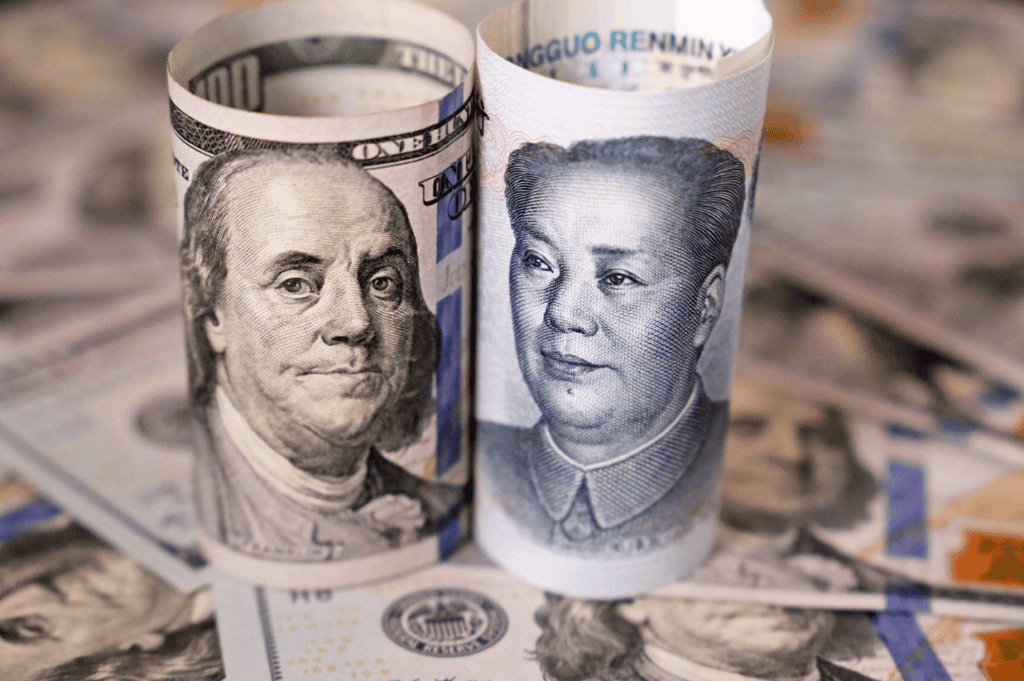
Political Elections and Forex Trading Strategies
Short-term Strategies
For traders looking to take advantage of short-term volatility, strategies such as scalping and day trading can be effective during election periods.
These strategies involve making quick trades based on short-term price movements. However, traders must be cautious and use strict risk management techniques, as election-related volatility can lead to sudden and sharp market reversals.
Long-term Strategies
Long-term traders can benefit from position trading based on the new government’s economic policies.
By analyzing the likely direction of future economic reforms, traders can position themselves for potential long-term trends.
If traders expect a government to implement pro-growth policies, they can take long positions on the currency, anticipating it will appreciate over time.
Hedging and Risk Management
During election periods, traders need to manage risk effectively.
One common strategy is to hedge existing positions using options or futures contracts. Hedging can help protect against potential losses caused by unexpected market movements.
Additionally, traders should use stop-loss orders to limit losses and avoid overexposing themselves to market volatility.
Conclusion
Political elections significantly impact Forex prices, as they introduce uncertainty and can lead to significant shifts in economic policy.
Forex traders should prepare for increased volatility before, during, and after elections.
By closely monitoring political developments, understanding the potential impact of new policies, and implementing effective risk management strategies, traders can navigate the complexities of election-related market movements and capitalize on these events’ opportunities.
What’s the Next Step?
Consider how political elections and Forex intertwine and how the results influence prices.
In addition, look for opportunities to incorporate politics and policy changes in your analysis.
Once you’re ready to trade, choose a strategy and process you believe will work for you.
If you need help developing an analysis process, you can use our Six Basics of Chart Analysis. If you’re unfamiliar with the Six Basics, you can learn them here for free.
The “Six Basics” will give you a strong foundation in chart analysis, which you can incorporate into your knowledge of political elections and Forex.
In addition, when you get the “Six Basics,” you’ll also get Forex Forecast delivered to your inbox every Sunday.
Forex Forecast includes:
- Trade Ideas and Analysis
- I will use the Six Basics of Chart Analysis and Advanced Strategies to show you the trade opportunities I’m watching.
- Case Studies from Around the Web
- Watch how applying the Six Basics worked on some of the best, most profitable trades.
- Trading Education Guides and Videos
- Want to learn most Six Basics techniques and advanced strategies?
- I produce videos and guides to help you learn and improve trading practices.
- Links to New Articles
- I publish new articles on topics traders will want to know about every week, and you can find out when they post.
- Positionforex.com News
- Did something change at positionforex.com? Learn about it here first!
- Links to upcoming webinars
- Attend free webinars to improve your trading.
- And Much More
- Tools, Membership-only Videos, and more will be released in the Forex Forecast.
The best part – it’s completely free.

Frequently Asked Questions
What Impact Do Political Elections Have on Forex Prices?
Political elections often lead to increased volatility in the Forex market as traders react to the uncertainty of potential policy changes.
Elections can influence currency prices based on expected shifts in economic policy, trade relations, and overall market sentiment.
Traders often experience heightened volatility and price swings before, during, and after elections, making managing risk effectively during these periods crucial.
How Can Traders Prepare for Market Volatility During Elections?
To prepare for election-related market volatility, traders should closely monitor opinion polls, economic forecasts, and candidates’ policy positions.
Key strategies for mitigating risk include reducing position sizes, setting stop-loss orders, and avoiding overtrading. Traders can also use technical analysis to identify key support and resistance levels and plan trades effectively.
How Does Political Uncertainty Affect Currency Prices?
Political uncertainty creates hesitation among investors and traders, leading to market volatility.
When elections bring uncertainty about future economic policies or geopolitical relationships, traders may move away from riskier currencies, causing price fluctuations. Safe-haven currencies like the US dollar or Swiss franc often strengthen during times of uncertainty as investors seek stability.
Should Forex Traders Avoid Trading During Election Periods?
Not necessarily, but traders should exercise caution during election periods due to increased market volatility and unpredictable price swings.
Some traders reduce exposure by trading smaller positions or hedging their trades, while others prefer to sit out entirely to avoid risk. Each trader must decide based on their risk tolerance and trading strategy.
How Do Central Banks React to Political Elections?
Central banks may adopt a “wait-and-see” approach during elections, often holding off on major monetary policy changes until the new government’s economic agenda becomes clear.
After the election, central banks may adjust interest rates, inflation targets, or other monetary policies based on the new government’s economic plans, which can significantly impact currency prices. Traders should monitor central bank statements for hints of future policy shifts.

